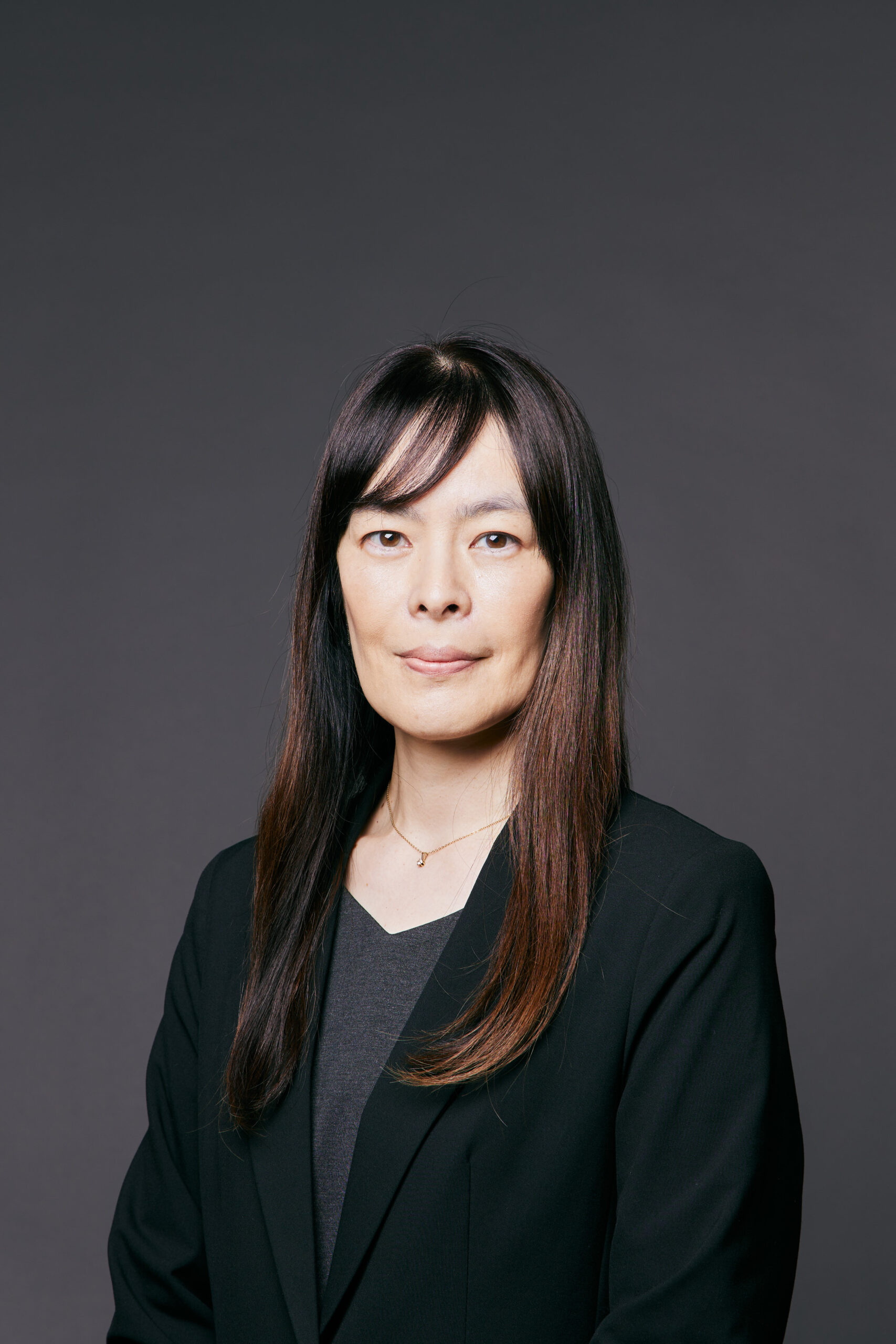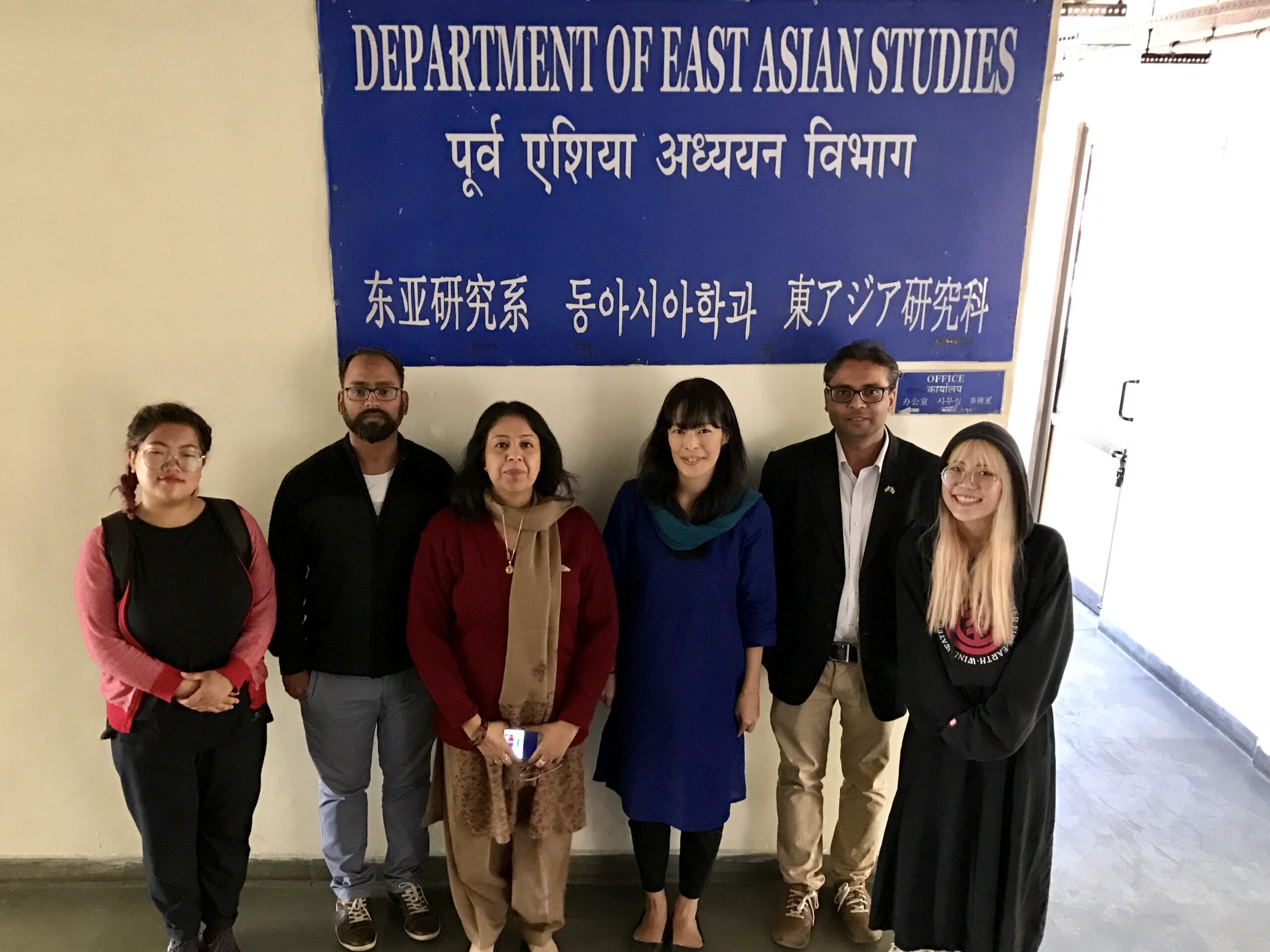
Graduate School of Arts and Sciences, The University of Tokyo 学術研究員
2. Publications
Wakasugi, Minako, North Korean “De-Aligned” Diplomacy and Its Political Process in the Early 1970s, Komaba journal of Asian studies, 2017, No. 13, pp. 68-93.
Wakasugi, Minako “North Korea’s Military Intentions vis-à-vis South Korea in the Mid-1970s and Kim Il Sung’s Compromise with Yugoslavia,” Journal of Cold War Studies, Vol. 27, No.2, pp. 179-215.
Wakasugi, Minako, The Formation of Vietnam-Cuba-North Korea Small Countries Solidarity on the Dispatch of Troops to Vietnam in 1966, Journal of Cold War Studies, forthcoming.
3. Fields of Specialization
・Cold War History
・North Korea’s Diplomatic History
4. Academic Vision
In the process of uncovering the hidden aspects of diplomatic history, I often feel as if I am engaging in dialogues across time with the diplomats of the time who authored these documents. Fascinated by this intellectual allure, I have conducted research on North Korean diplomacy during the Cold War, employing a multi-archival approach.
In recent years, I have sought to broaden the scope of my work by repositioning North Korean diplomatic history-not merely as a regional study focused on one country’s foreign policy process-but within the broader contexts of small-state studies and Cold War history. A goal of my research is to elevate the perspective from which we view history and to articulate the historical narratives that emerge from that vantage point.
By formulating questions informed by international scholarly discourse and constructing arguments grounded in rigorous empirical evidence, I aim to produce historical interpretations that contribute to universal insights transcending regional and disciplinary boundaries.
In this context, reexamining the behavior of small-state actors-often considered opaque or difficult to interpret-through the lens of reconciliation studies offers a meaningful contribution to the development of interdisciplinary and globally relevant historical knowledge. Looking ahead, I aspire to become a scholar who actively engages with international academic debates and contributes to interdisciplinary fields such as international relations, small-state studies, and reconciliation studies, while remaining firmly grounded in empirical historical methodology.
5. Research Topic
Throughout my academic career, I have worked to elucidate North Korea’s foreign policy by utilizing diplomatic archives from former communist states and the Third World countries, collected through extensive field research. During my PhD studies, I examined the development of North Korea’s independent diplomacy in the late 1960s and analyzed how solidarity among small states were formed around a shared sense of “common enemy.”
The starting point of my research lies in the challenge of overcoming the “great power-centric” narrative in Cold War historiography. Inspired by the “Cold War history from the periphery” approach advocated by historian Robert McMahon and Odd Arne Westad. I have sought to reinterpret the Cold War from the perspective of small powers.
The current focus of my research is to tracing the the transformation of the “North Korea-North Vietnam Cuba” small-state solidarity, formed in the late 1960s, by analyzing its evolution throughout the 1970s in comparison with the emergence of multilayered solidarity involving independently oriented socialist countries in Eastern Europe, non-aligned and neutral states in the Third World, and even capitalist countries. In some cases, North Korea’s relations with Global South countries during the Cold War extended beyond adversarial frameworks based on “shared opposition; they also reflected an “empathic understanding” rooted in collective memory and experiences of oppression.
This empathy-based form of solidarity offers a valuable perspective for reconciliation studies, which examine how trust and coexistence may be built between heterogeneous actors across cultural and ideological divides.
During the Cold War, North Korea’s relations with Third World countries often transcended the adversarial framework of a “common enemy” and were instead shaped by a “sympathetic understanding” rooted in shared experiences of oppression and collective memory. Building on this premise, the present study examines how North Korea’s assistance to the Global South, grounded in this sympathetic understanding, contributed to the nation-building efforts of these countries.
Research Image


